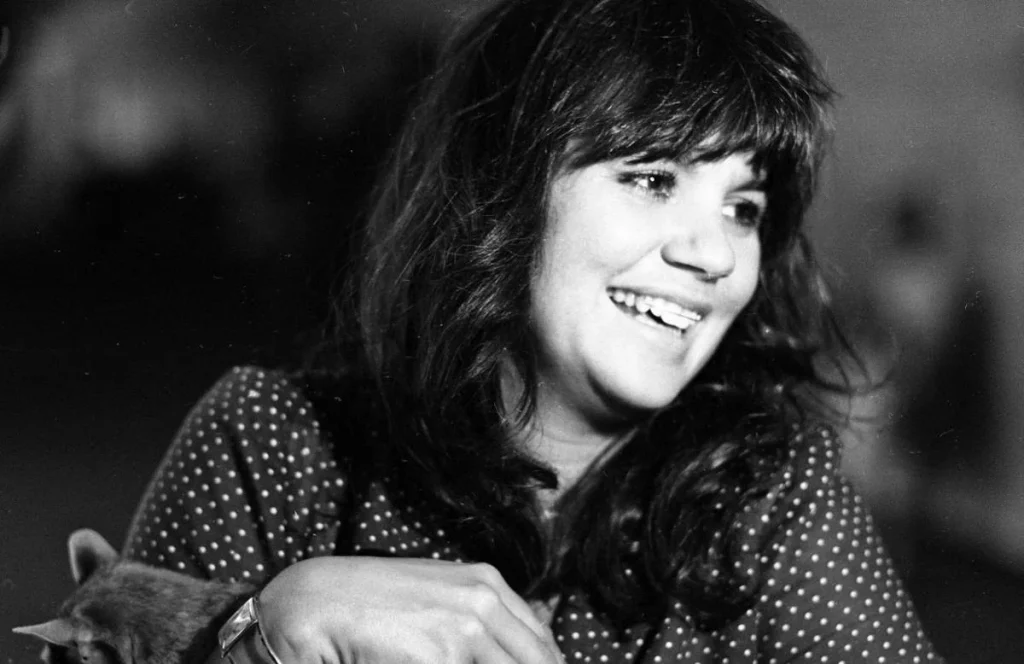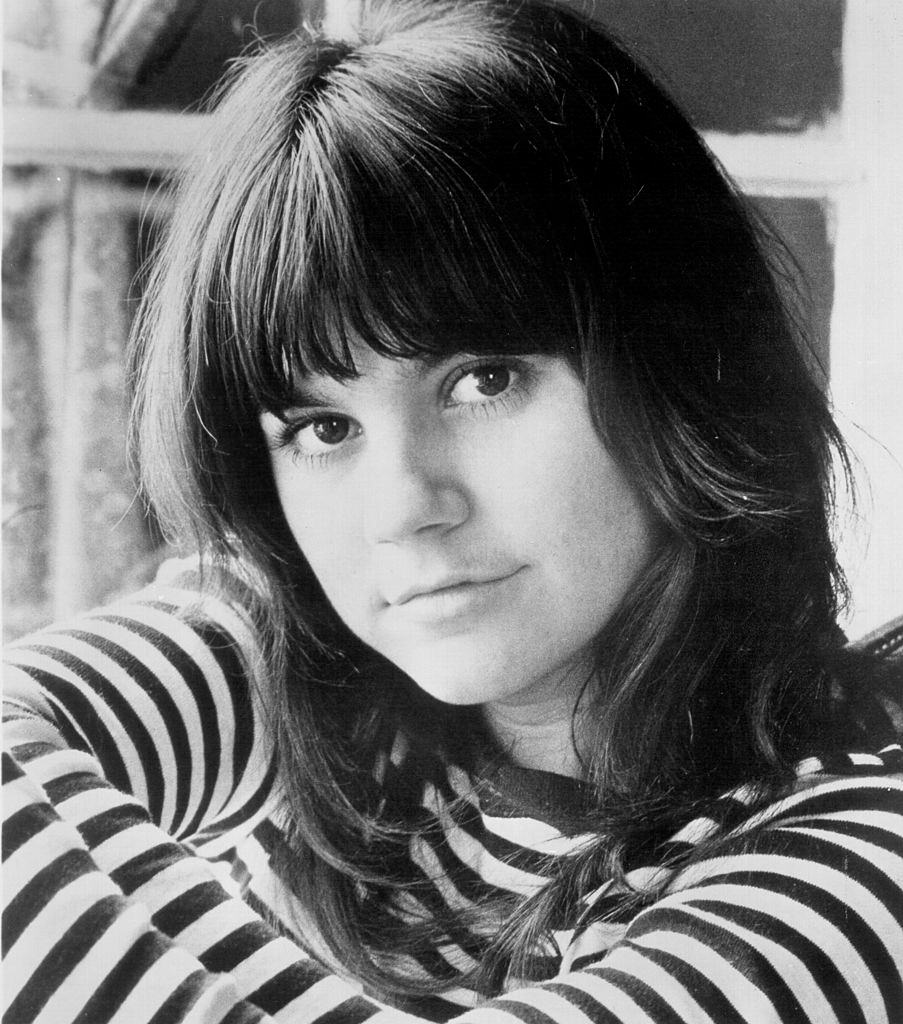
A Melodic Journey Through Heartache and Redemption
When we dive into the enchanting realms of music history, few songs capture the essence of heartache and redemption quite like “Ooh Baby Baby” performed by the incomparable Linda Ronstadt. Originally released in 1978 as part of her album Living in the USA, Ronstadt’s rendition of this classic track is an evocative blend of melancholy and hope, wrapped in her uniquely soothing vocal prowess. For those who were fortunate enough to experience its debut, the song not only soared through the airwaves but also nestled itself comfortably within the fabric of their personal narratives.
Upon its release, “Ooh Baby Baby” charted on the Billboard Hot 100, reaching a respectable position that mirrored its impact on the hearts of many. This wasn’t merely a reflection of its commercial success but rather an indication of how deeply it resonated with listeners. The song’s ability to convey such profound emotion ensured its place in the annals of timeless classics, securing Linda Ronstadt‘s reputation as one of the most versatile and emotionally intelligent artists of her time.
The story behind “Ooh Baby Baby” is as intriguing as the song itself. Originally penned and performed by Smokey Robinson and The Miracles in 1965, it was a soulful ballad that spoke to themes of regret and longing. Robinson’s version was already a masterpiece in its own right, but when Linda Ronstadt took on the challenge of covering it, she infused it with her distinct style and emotional depth. Her interpretation was not just a cover; it was a reimagining that honored the original while breathing new life into its narrative.
Listening to Ronstadt’s “Ooh Baby Baby,” one cannot help but be transported back to moments of personal introspection and tender vulnerability. The song’s lyrics speak candidly about mistakes and forgiveness—a universal theme that resonates with anyone who has ever loved and lost. Lines like “Mistakes, I know I’ve made a few” are delivered with such sincerity that they evoke a sense of shared human experience, reminding us all of our own moments of regret and yearning for redemption.
What makes Linda Ronstadt’s version particularly memorable is her ability to balance vulnerability with strength. Her voice carries an emotional weight that is both haunting and comforting, providing solace to those who find themselves navigating the turbulent waters of love and loss. It’s a testament to her artistry that she could take an existing piece and make it feel intensely personal, as if she were singing directly to each listener.
Beyond its lyrical content, the musical arrangement of “Ooh Baby Baby” in Ronstadt’s version adds another layer of emotional richness. The gentle instrumentation—characterized by its soft melodies and subtle harmonies—serves as the perfect backdrop for her vocals. Each note seems carefully chosen to complement the song’s overarching theme, creating an immersive listening experience that lingers long after the final chord has faded.
For many older listeners, revisiting this track is akin to opening a cherished photo album filled with memories from yesteryears. It evokes nostalgia for a time when music served as both a companion and a confidant during life’s most pivotal moments. Whether it was played on vinyl at home or heard on the radio during long drives, “Ooh Baby Baby” remains an indelible part of their musical journey.
In reflecting upon this song, we are reminded not only of Linda Ronstadt’s remarkable talent but also of music’s unparalleled ability to capture and convey the complexities of human emotion. Her rendition of “Ooh Baby Baby” stands as a testament to her enduring legacy and her gift for connecting with audiences across generations. As we listen, we are invited to reflect on our own stories, finding comfort in knowing that we are not alone in our experiences.
Ultimately, “Ooh Baby Baby” is more than just a song; it’s an emotional tapestry woven from threads of longing, regret, and hope—a timeless reminder that even amidst heartache, there is always room for healing and redemption.
